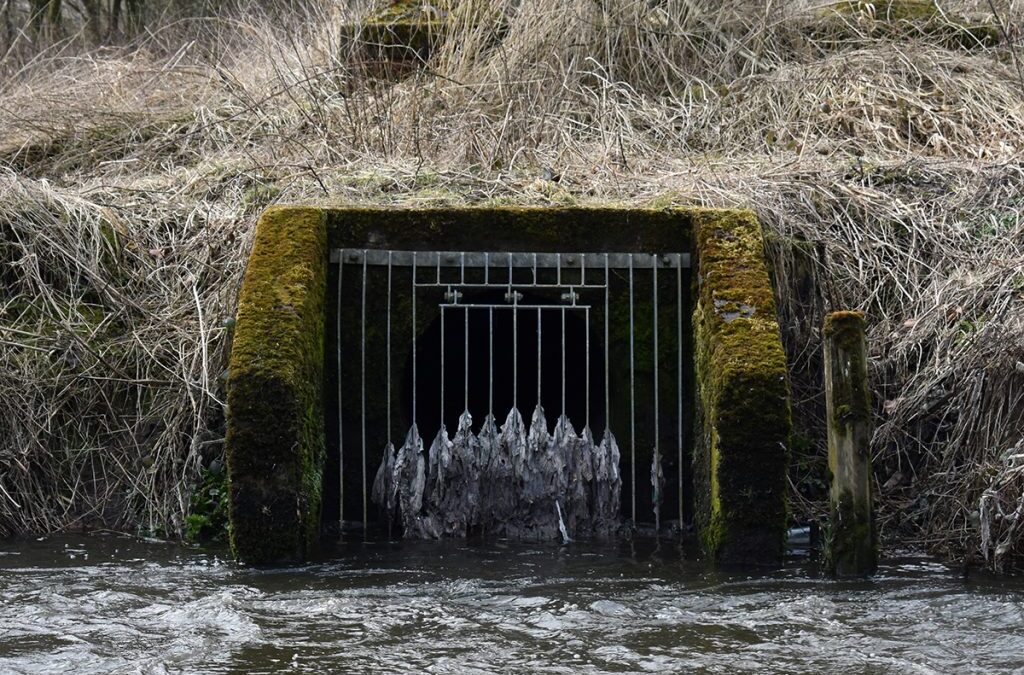Today (1 November 2022), the Environment Agency (EA) has published its Regulating for people, the environment and growth, 2021, report.
This highlights the environmental performance of regulated businesses in England and the work the EA does to regulate them.
It goes without saying, our main point of interest is water-related and we are pleased to see the EA recognising that there is “more work needed to reduce serious water pollution incidents”.
Data in the report shows two water-related Category 1 (major) pollution incidents in both Devon and in Cornwall in 2021.
And with the report highlighting the dire performance of England’s water and sewerage companies last year, with serious pollution incidents at their highest since 2013, and storm overflows releasing intreated sewage into our rivers too frequently, “more work” can’t come soon enough.
Our CEO Dr Laurence Couldrick said: “It’s good to see fines being brought against polluters but the number of prosecutions is still lower than the scale of the problem.”
And that’s even with more than 100 environmental prosecution cases resulting in fines of £105 million last year, although a single fine of £90 million for illegal sewage discharges made up the majority.
An ENDS analysis of EA data shows 2020 as having virtually no environmental crimes prosecuted – consideration is given to the circumstances of the Covid-19 pandemic – and rates only marginally up in 2021.
This review implies the drop in prosecutions is in part due to the introduction of enforcement undertakings in 2011 by the EA. These offer polluters the option to contribute to an environmental charity instead of being prosecuted. Our Plymouth River Keepers project has been created through a South West Water enforcement undertaking.
The EA report shows that during the past five years, environmental projects and improvement schemes have received over £15 million from enforcement undertakings.
For our charity, this has provided an opportunity to make use of money that wouldn’t have directly benefited the polluted location or community through a court fine alone.
It has always been our policy to work with the agencies and businesses in the Westcountry who have a big impact on our freshwater environments. We do this to ensure we can do the best for our riverine habitats, which means that although fines are welcomed, perhaps directing the money back to organisations such as our who can put independent boots on the ground (or waders in the river) needs to play a more significant role as the bigger picture of how to mitigate water environment pressures and fix sewage-related infrastructure is acted on.
By fostering open conversations with the water industry, farming and fishing sectors, and government bodies, along with other environmental groups and interested individuals, our aim is to employ science-based knowledge to challenges facing or rivers in a bid to keep them thriving for all who depend on them.

